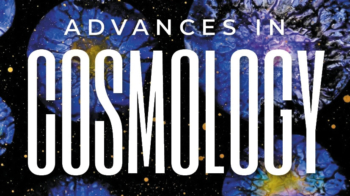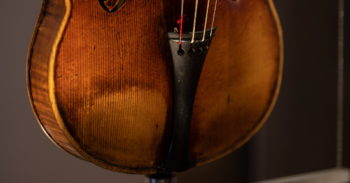by Yoko Ogawa, translated by Stephen Snyder, Vintage Books. Paperback ISBN 9780099521341, £7.99. E-book ISBN 9781409076667, £8.16.

I first came to know the housekeeper, her son and the memory-impaired professor through their roles in an in-flight movie en route from Tokyo to Frankfurt. The filmmaking is beautiful and the acting sublime, but the real surprise is the subject matter. This is a story about “Euler’s identity”, and it carries it off brilliantly, leaving behind a true appreciation of the beauty of numbers. I stepped off the plane wondering if Hollywood could ever do such a thing, and so was happy to discover that at least the novel on which the film was based has an English translation, now available in paperback.
The Housekeeper and the Professor tells the story of a mathematician whose short-term memory following an accident is limited to 80 minutes. He makes his way through the day thanks to Post-it notes, but each morning is a new beginning. It’s a story of platonic affection, shared between the professor, his housekeeper and her 10-year-old son and as such is reminiscent of Helene Hanff’s 84 Charing Cross Road. Where it diverges, however, is in its core theme. Rather than through a shared love of books, the protagonists’ relationship blossoms by way of mathematics.
Maths is perhaps the most difficult of sciences to popularize. Even Marcus du Sautoy, mathematician and Professor of Public Understanding of Science at Oxford, struggles to convey the beauty of numbers in his engaging BBC documentary, The Story of Maths. But where du Sautoy bravely tackles the full story, Ogawa focuses on just one of mathematics’ most remarkable equations, eiπ+1=0, gently preparing the reader to understand why this deceptively simple collection of symbols is so extraordinary.
The key to Ogawa’s success is the pace of the story, dictated by the fact that the professor begins every day anew. Each morning starts with the same basic conversation, pointing out the significance of a particular number. “What’s your shoe size?” asks the professor, for example. “24,” comes the reply and the professor goes on to explain that this is the factorial of four. As the conversation develops, we learn that the housekeeper’s phone number is the total number of primes between one and 100 million, and a little more maths appears with each conversation.
The square root symbol makes its first appearance as early as the first page – “Root” is what the professor calls the housekeeper’s boy. “With this one little sign, we can come to know an infinite range of numbers, even those we can’t see,” he explains. And sure enough, the square root of –1 makes its introduction two pages later. For e and π, we have to wait until much later.
The maths is never overwhelming, each step being carefully introduced for the benefit of the housekeeper and Root. A shared passion for baseball proves fertile ground for mathematical conversation. We learn, for example, that Babe Ruth’s 1935 record of 714 home runs multiplied by its successor (715 set by Hank Aaron in 1974) is equal to the product of the first seven primes and that the sum of the prime factors of 714 and 715 is the same. Because consecutive numbers with this property are rare – there are only 26 such pairs up to 20,000 – they’re known as Ruth-Aaron pairs. Mathematics like this weaves its way through the story so that by the time Euler’s identity is unveiled, the shock of finding a square root on the first page has been replaced by the pleasure of playing with numbers. Euler’s identity is the breathtaking icing on the cake.
The Housekeeper and the Professor is a beautifully told and ultimately touching tale. But perhaps its greatest achievement is that it leaves the reader with a sense of awe at the beauty of numbers.
Yoko Ogawa has published more than 20 works of fiction and non-fiction and won every major Japanese literary prize, says her biography on the Macmillan Publishing website. Two of her novels and a collection of short stories are now available in English. Her non-fiction collaboration with mathematician Masahiko Fujiwara has not yet been translated. Personally, I can’t wait.





